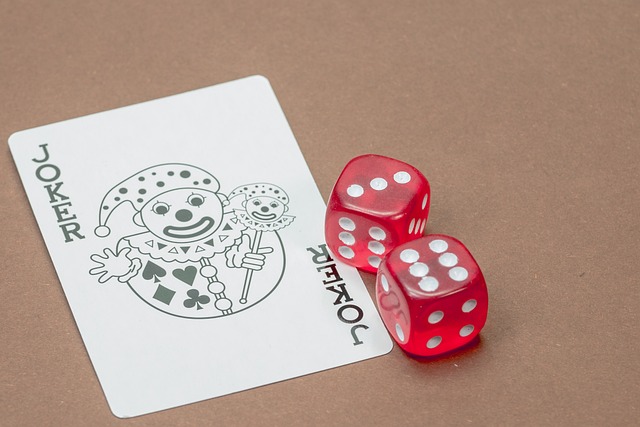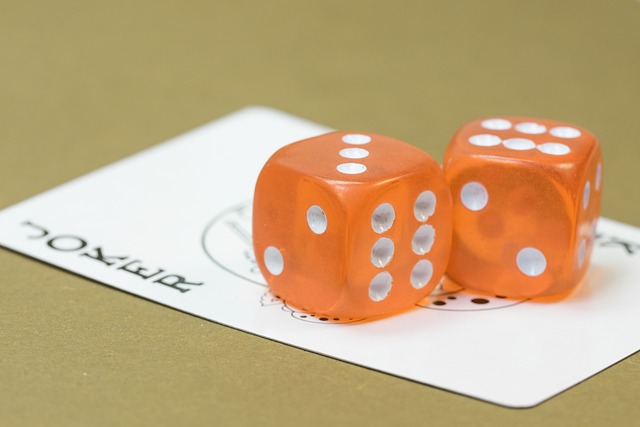Increasing stakes
Naturally, anybody who gambles will have started with smaller stakes and will eventually increase their stakes over time. For example, you may bet £1 or £2 when you are 18, and be more adventurous by staking £5 a few years later when you are more experienced with money, and you have more of it.
All gamblers must be aware that this increase in stakes must be controlled. By increasing your stakes, you are inadvertently lowering the thrill of winning with small stakes, meaning you will only ever be satisfied with big wins from big stakes in the future.
This is fine if you win, but the fact is that nobody always wins. It is quite the opposite. There are countless betting companies in the world, and none of them financially struggle. The reason is that the odds are always in their favor.
I would suggest that when betting with increased stakes, think about your cash stakes. Rather than just clicking some buttons and placing a bet, think about what that amount of money would look like in front of you. Would you then be as willing to put that much on that bet?
Betting attitude

There is a poisonous attitude toward gambling IviBet which has been amplified by the increase in ‘tipsters’ online. These ‘tipsters’ tell gamblers how best to bet, implying there is a gambling skill. A lot of these people charge money for the services they provide.
I am not arguing that all of these people are scamming their customers, I’m sure some win. It may be true that you can increase your chances of winning a bet through research or knowledge, but it is labeling this as a ‘skill’ that frightens me.
On the flip side, the very same tipsters will blame lousy luck if one of their bets is unsuccessful. This breeds a mindset amongst gamblers that when they win, they have exercised skill. When they lose, they have been unlucky. The problem is that skill is deemed more powerful than luck. It allows gamblers to think that they can go again and win based on their skill despite their’ bad luck’. What gamblers must know is that all bets rely on luck and not skill.
Chasing losses

The golden rule of ‘how not to gamble’ is do not to chase losses. Almost all gamblers will have heard this. I had heard it many times before I hit proverbial rock bottom in my issue, but ultimately it never stopped me chasing losses.
For those who don’t understand what ‘chasing losses’ means, it is a phrase that refers to gambling more to get back what you have already lost. For example, if I had placed a bet of £5 and lost, I might put a further £5 bet to try and get back the original £5. If that bet loses again, I am now £10 down and must seek higher odds or more bets to get that money back.
It becomes unattainable. It is the reason gamblers are advised to only bet what they can afford to lose. You should never expect to win, and should never rely on gambling to make money.
Chasing losses increases the amount of risk taken in bets and makes people make rash bets. Rather than stepping back, they immediately want to avenge that loss with a bet. It might be on a market they know about. It might be on a league in a country they have never heard of.


